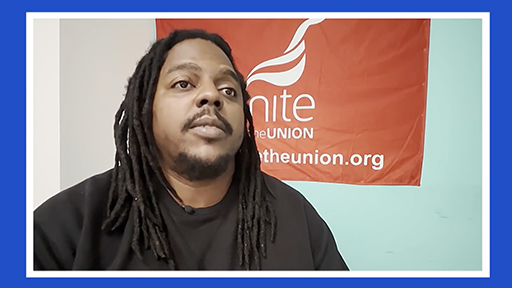2 Bases of Power
John French Jr and Bertram Raven’s 1959 book chapter ‘The Bases of Social Power’ and Raven’s 1965 book chapter ‘Social influence and power’ identified six bases of power. You can discover more about these bases of power below. You will note that all of these bases have been used in various ways to convey and re-enforce racist and colonial systems, but can also be deployed to offer more positive forms of power.
| HighlightedLegitimate power | Power comes from a formal social status bestowed onto a person: e.g. a monarch, chief executive, prime minister, chief planning officer, shift manager at a supermarket. |
|---|---|
| HighlightedReward power | Power comes from a person’s ability to reward those who follow and/or comply. Rewards may include donating, hiring, promotion, training, or increasing salaries. |
| HighlightedCoercive power | Power comes from a person’s capacity to punish others. Most obviously judges, magistrates and the police possess coercive power; but it is also possessed by politicians and regular organisational managers, who can sanction employees. |
| HighlightedInformational power | Possessing information can mean power. Information can range from large-scale suppression of the horrors of colonial rule to everyday cultural information about how institutions and organisations work. |
| HighlightedExpert power | Power comes from a person’s ability to define what is correct and incorrect from a basis of expertise. Scientists, engineers, lawyers, academics and policymakers are examples of people who may possess expert power, as are people with deep lived experience of certain social, community and work contexts. |
| HighlightedReferent power | Power comes from social standing. Community leaders can have power because people relate to them as reliable and/or inspirational. Trade union leaders can inspire workers to collectivise and take action. Other examples include celebrities and social media influencers. |
People can exert power from more than one base at a time. For example, racial equity campaigners can work from bases of referent, expert and informational power. The bases can also be challenged – e.g. information and expertise can be questioned; someone’s referent power can be undermined through questioning their integrity; reward power can be exposed as corruption. You will now practise identifying these bases of power through an activity.
Activity 2 Identifying bases of power
Watch the following video, where Kemar Knight talks about the power held by employers, trade unions and workers. As you watch, identify as many bases of power as you can through the lens of what Kemar says about himself, the employer, the trade unions and the media.

Transcript: Video 1 Kemar Knight – Building collective forms of power
Comment
Kemar discusses the various forms of power he encounters in his role as a trade union representative in the workplace. Kemar shares insights into the powers of the employer (reward and coercive powers) and the media (informational power) and how these influence how he goes about helping those he represents in seeking change. Kemar also shares the changes he has made in his leadership practices since taking the role of leader.
Although bases of power can help you think about how power can be used to enact positive change, it does tend to focus more on the detail of how people are subjected to power. So you will now move on to consider a perspective that emphasises more of the positive aspects of power.
